Slang Decoder - Slang Learning and Decoding
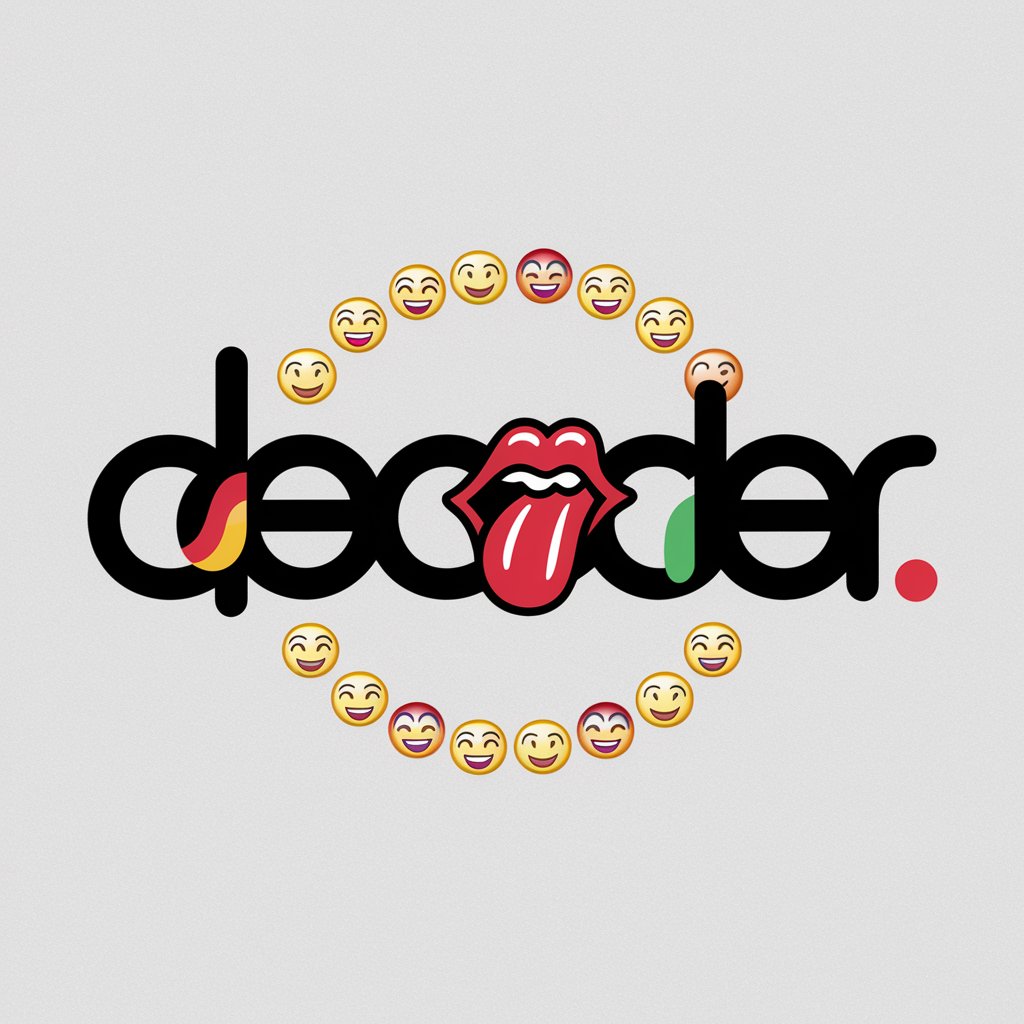
Hey there! Ready to decode some slang?
Decode Slang with AI Precision
What's the meaning of the slang term
How do you use the word
Can you explain the phrase
What does it mean when someone says
Get Embed Code
Introduction to Slang Decoder
Slang Decoder is designed to bridge the gap between varying language uses across different demographics, focusing particularly on slang. It functions as an educational tool that demystifies slang and colloquial expressions often found in English-speaking cultures. By providing clear definitions, contextual backgrounds, and usage examples, Slang Decoder helps users from different backgrounds or age groups understand and engage with modern expressions more effectively. For instance, if someone hears the term 'ghosting' in a social context and is unfamiliar with its meaning, Slang Decoder can explain that it refers to the practice of ending all communication and contact with someone without any apparent warning or explanation. Powered by ChatGPT-4o。

Main Functions of Slang Decoder
Definition and Contextualization
Example
Example: 'Flex'. Definition: To show off something, particularly your status or possessions, as a way of boasting. Context: Used both positively and negatively, depending on the speaker's tone and the situation.
Scenario
Scenario: A user comes across a tweet that says 'He loves to flex his new car at the office.' Slang Decoder helps the user understand that 'flex' here means to show off and is used to highlight someone's pride in their possessions.
Usage Guidance
Example
Example: 'Salty'. Definition: Being upset or bitter, usually over something minor. Context: Often used to describe someone's humorously overblown reaction to minor irritations.
Scenario
Scenario: During an online game, one player types in chat, 'Why are you so salty? It's just a game!' A puzzled user consults Slang Decoder to understand that 'salty' in this context means being unnecessarily upset or taking the game too seriously.
Cultural Insights
Example
Example: 'Tea'. Definition: Gossip, or the real story behind something. Context: Comes from the practice of sharing gossip over a cup of tea.
Scenario
Scenario: A user reading an online forum sees 'Spill the tea on the new company policies.' They use Slang Decoder to learn that 'tea' refers to inside information or gossip, helping them grasp the conversational nuance.
Ideal Users of Slang Decoder
Non-native English Speakers
Individuals whose first language isn't English often find slang confusing, especially when it deviates significantly from formal or textbook English. Slang Decoder assists them in understanding casual or regional expressions, enhancing their fluency and social integration.
Educators and Linguists
Teachers and language experts can use Slang Decoder as a resource to stay updated with evolving language trends, which can help them make their lessons more relevant and engaging for students.
Writers and Content Creators
Slang Decoder serves as a reference tool for writers and creators who wish to incorporate contemporary, relatable language into their works without misusing or misunderstanding the nuances of slang.

How to Use Slang Decoder
Step 1
Navigate to yeschat.ai to start your free trial without any need to sign in or subscribe to ChatGPT Plus.
Step 2
Choose your interest area from the provided options to focus your learning on relevant slang terms.
Step 3
Type or paste the slang word or phrase you need help with into the search bar to get an explanation.
Step 4
Use the provided examples to see how the slang is used in context, enhancing your understanding.
Step 5
Explore the 'Related Slang' section to discover similar slang terms and expand your slang vocabulary.
Try other advanced and practical GPTs
Slang Historian
Unveiling the secrets of slang, powered by AI

Starry Muse
Craft Art with AI Ingenuity
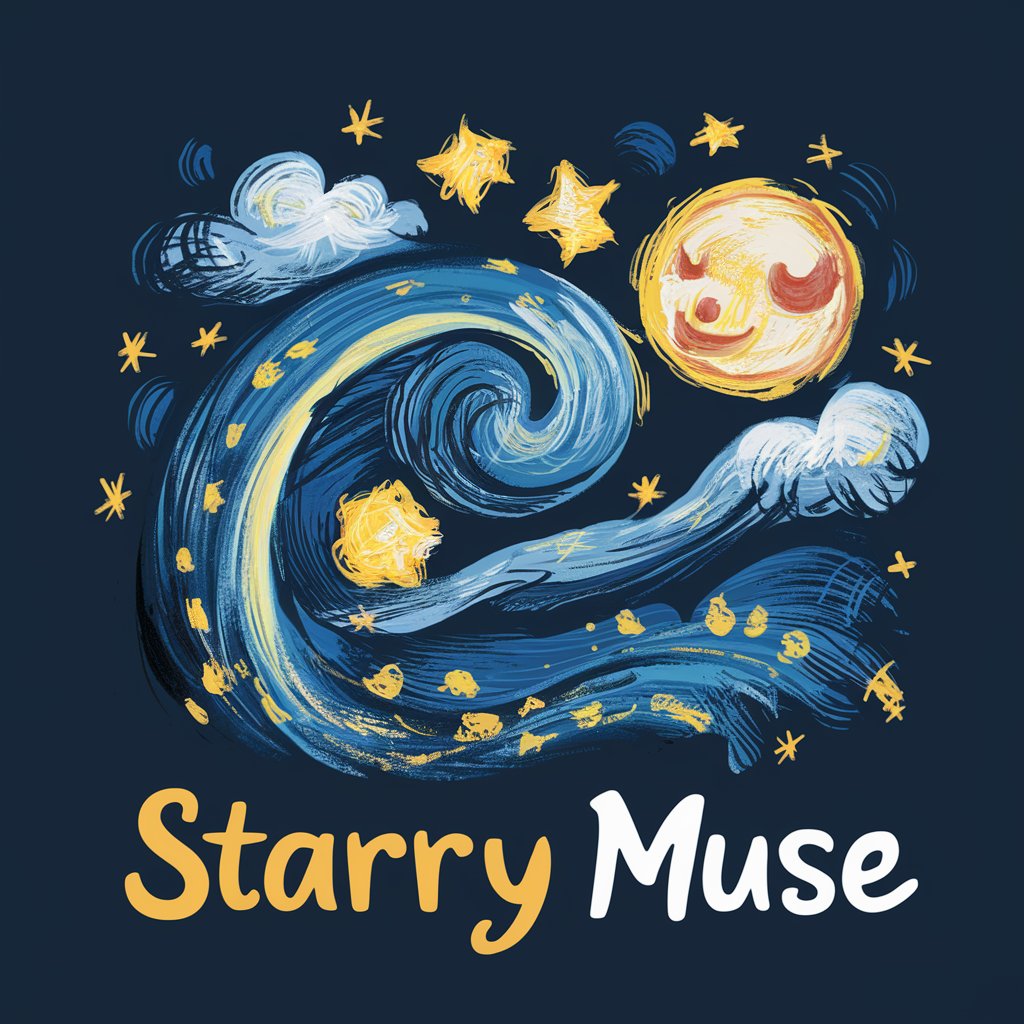
Starry Storyteller
Dream with AI, Storytelling Redefined
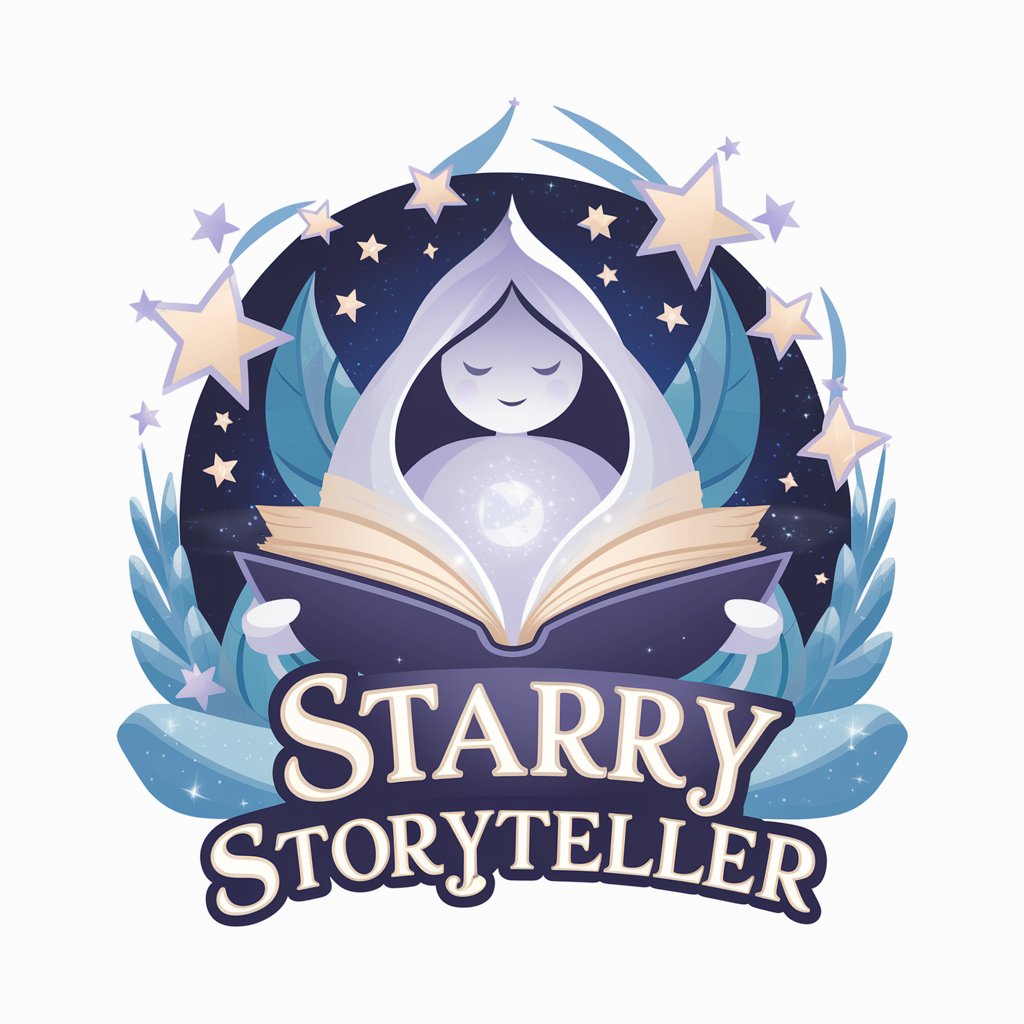
Starry Crystal
Empowering Innovation with AI

Starry Tales
Enchanting tales, powered by AI
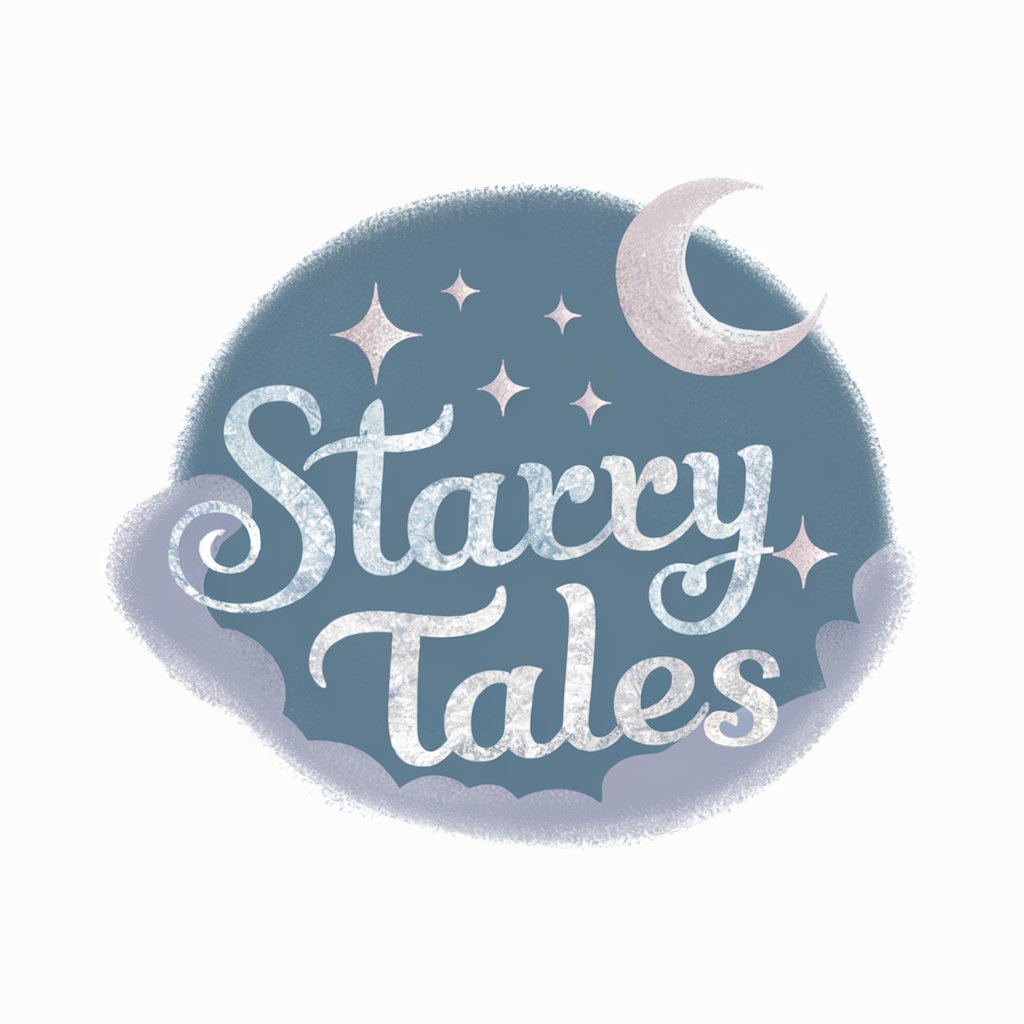
Starry Fields
Explore games with AI-driven insights
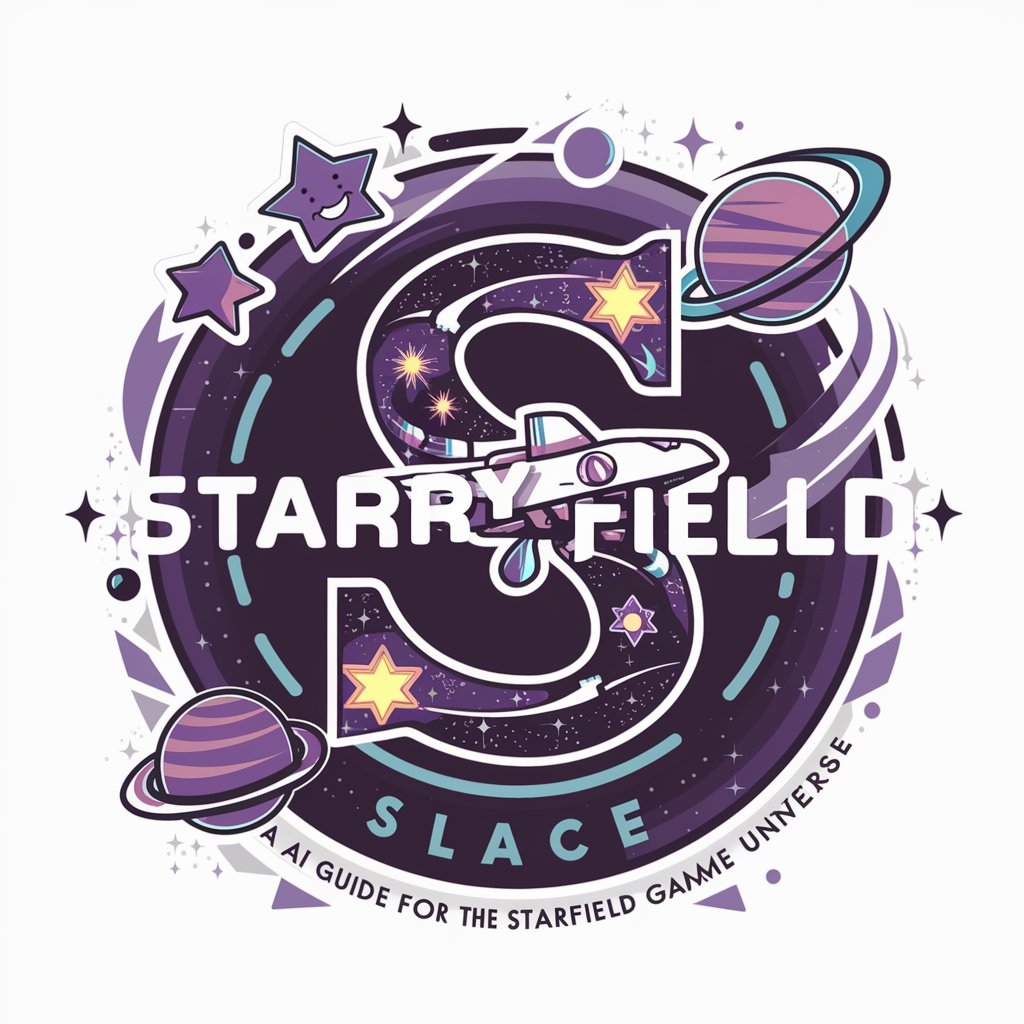
Slang explained
Demystifying Slang with AI Power
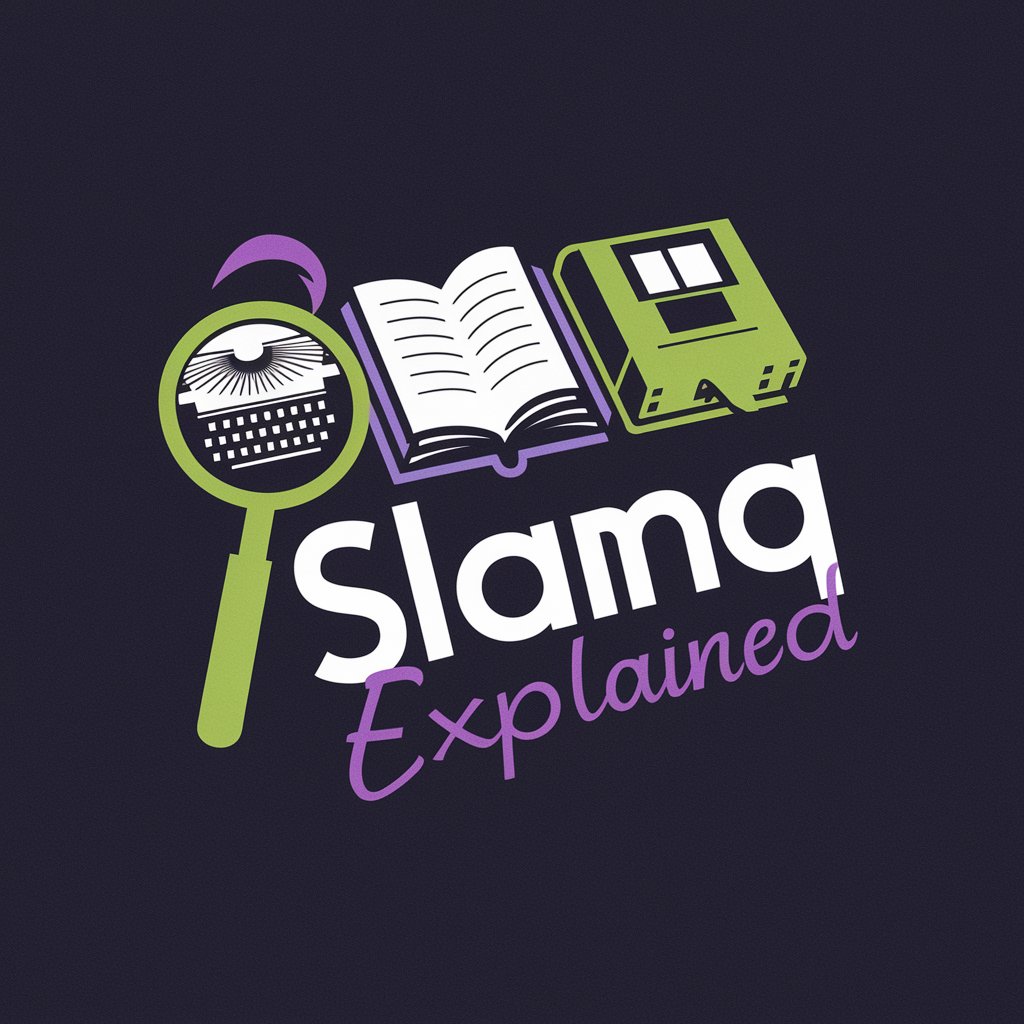
Japanese Slang Teacher
Learn Japanese Slang with AI!

Slang Scout
Decoding Gen Z Slang with AI
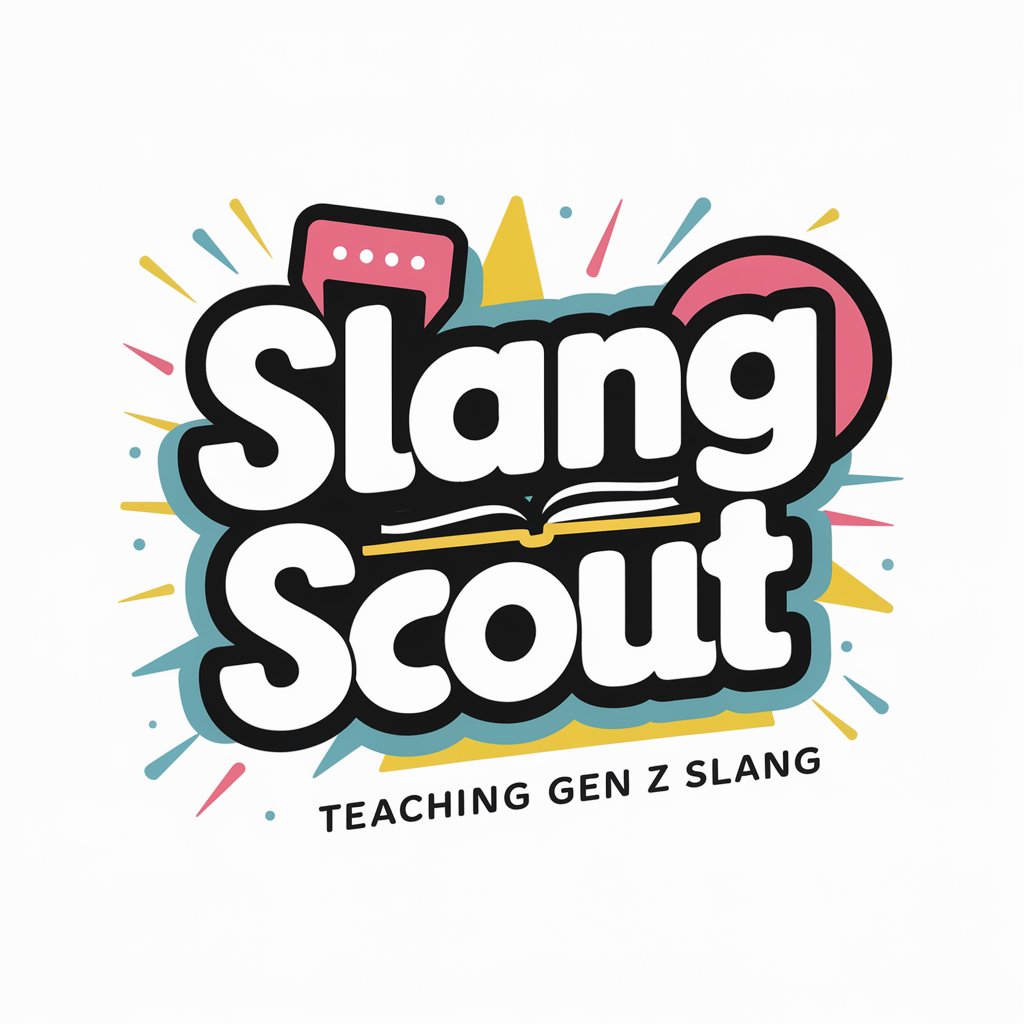
Slang Decoder GPT
Decoding slang with AI precision
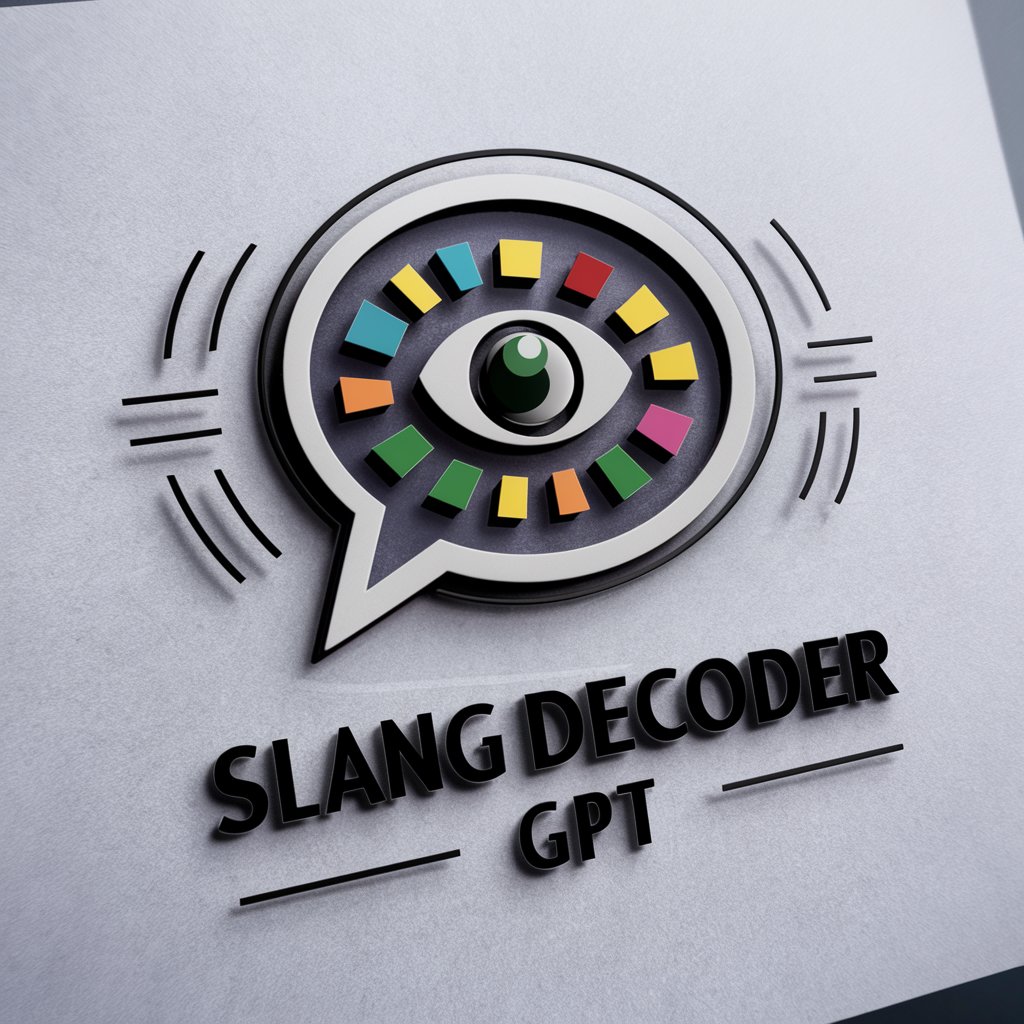
Japanese Slang Buddy
Master Japanese Slang with AI!

Rhyming Slang Translator
Turn your chat into Cockney banter!

Frequently Asked Questions About Slang Decoder
What makes Slang Decoder different from other slang dictionaries?
Slang Decoder combines AI technology with a user-friendly interface to provide not just definitions but usage examples, context, and even related slang terms, making it a comprehensive tool for understanding modern slang.
Can I use Slang Decoder for academic research?
Absolutely! It's a valuable resource for linguistics students and researchers looking to study contemporary language trends and the evolution of slang.
Is there a mobile app available for Slang Decoder?
Currently, Slang Decoder is accessible via web browsers, but mobile app development is in the plans to make slang learning accessible on the go.
How often is the slang database updated?
The slang database is updated regularly to ensure it includes the latest terms and phrases that enter the ever-evolving slang vocabulary.
Can I contribute to the Slang Decoder database?
Yes, users can submit new slang terms along with their definitions and usage examples, which after verification, may be added to the database to help it grow and stay current.
